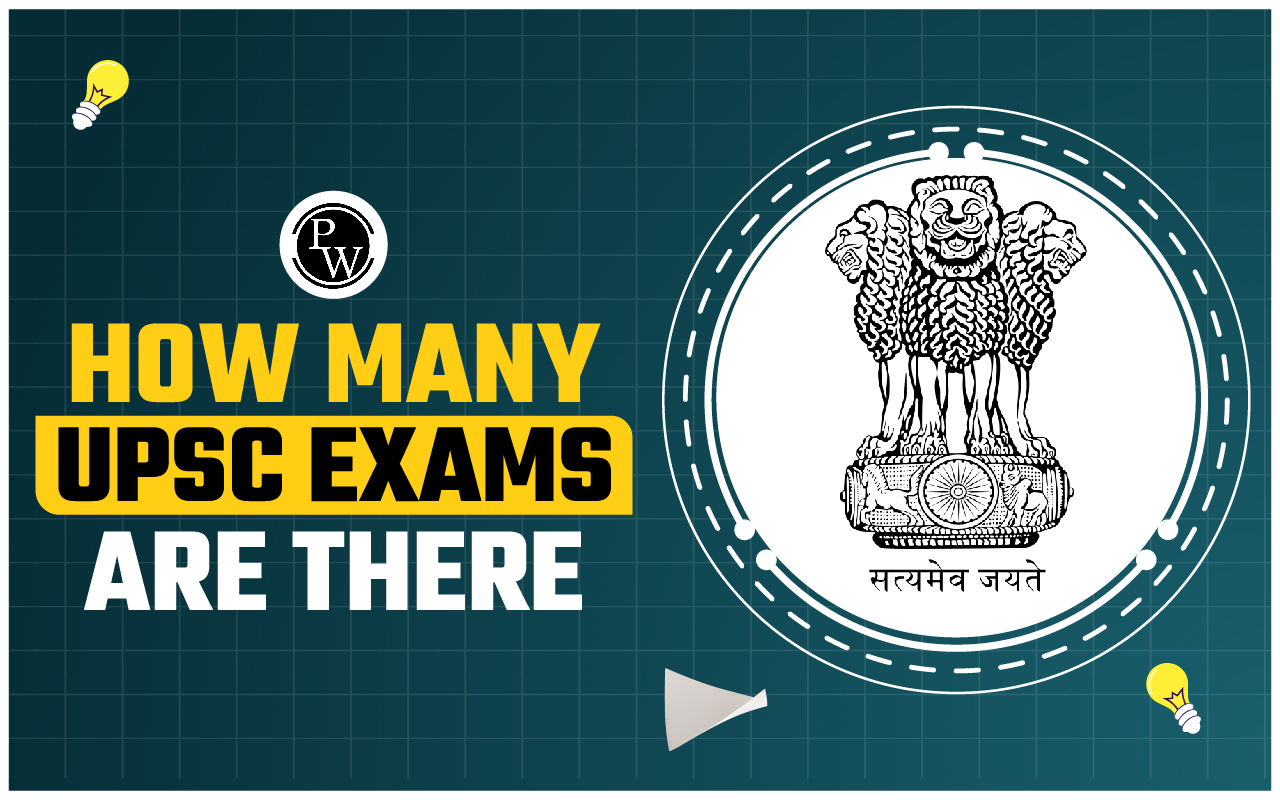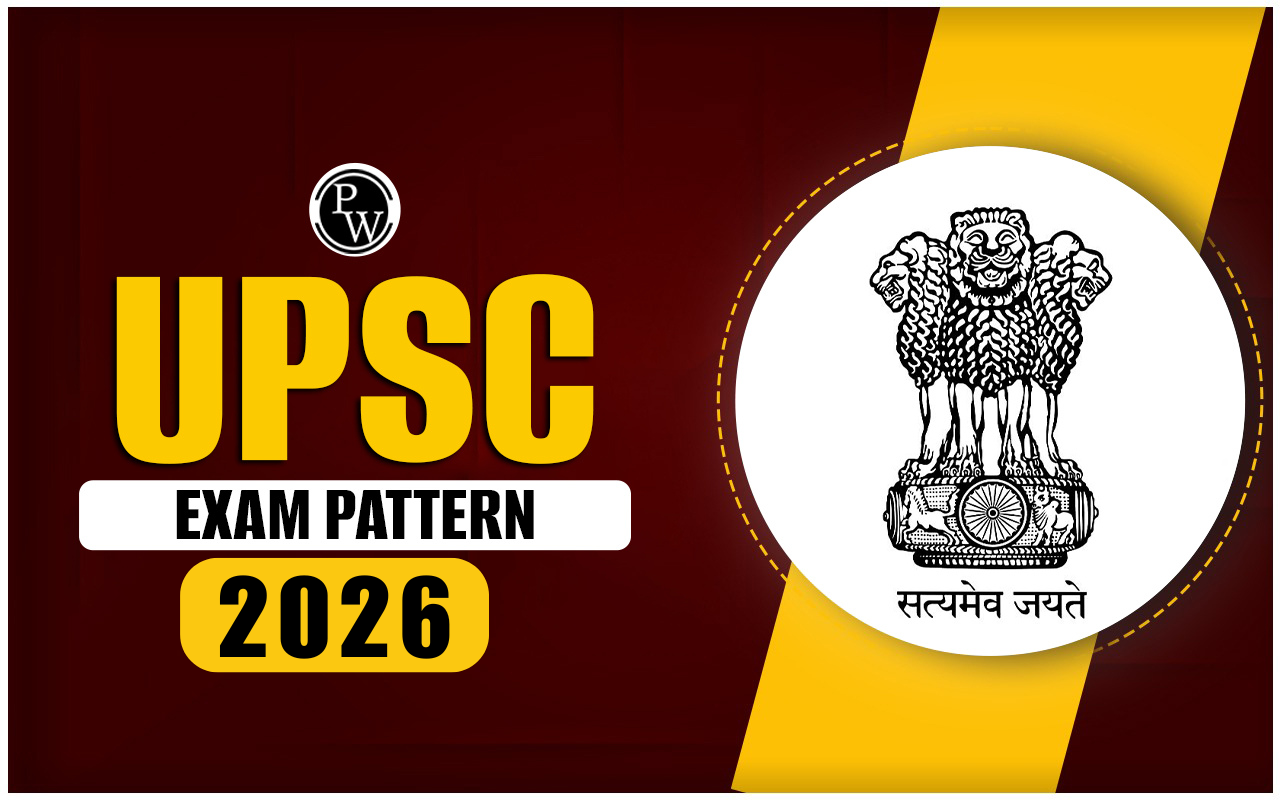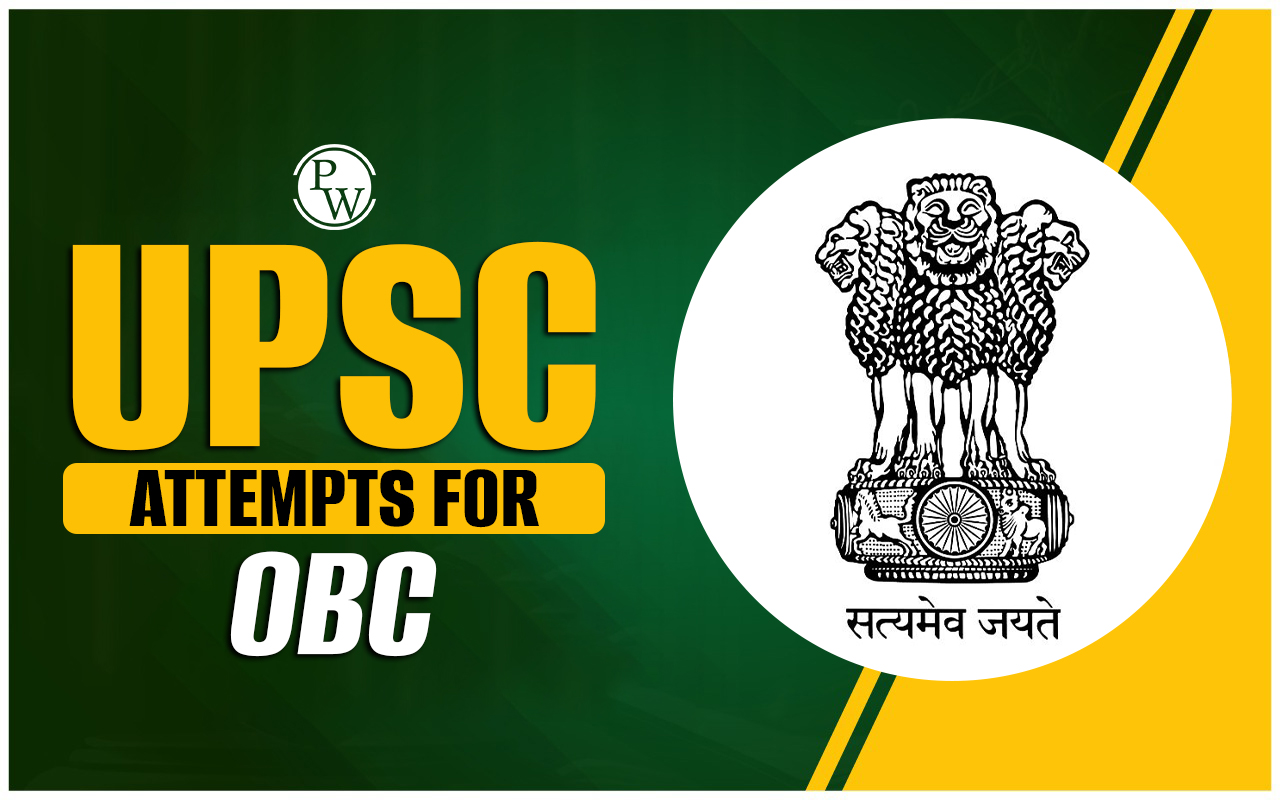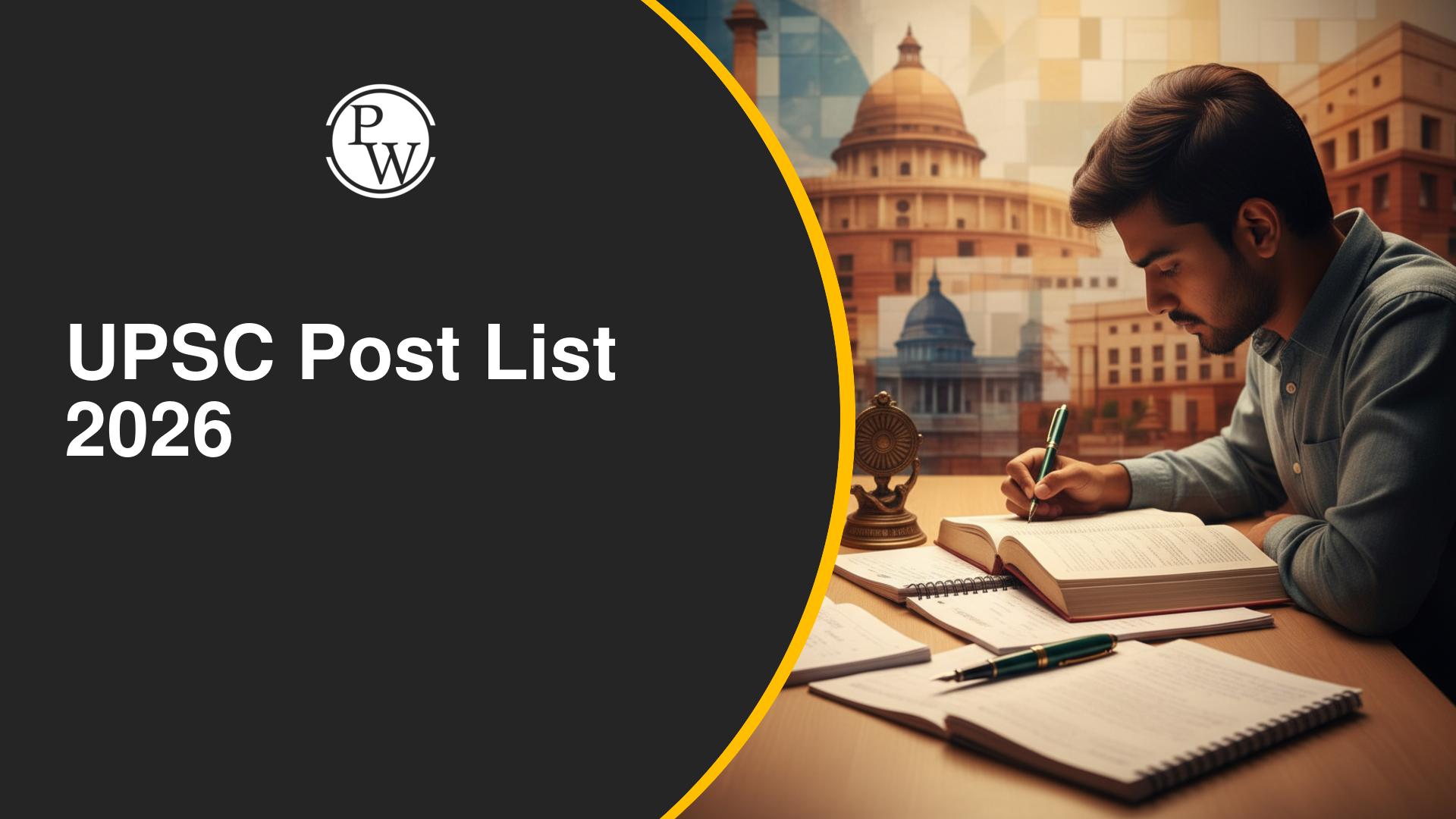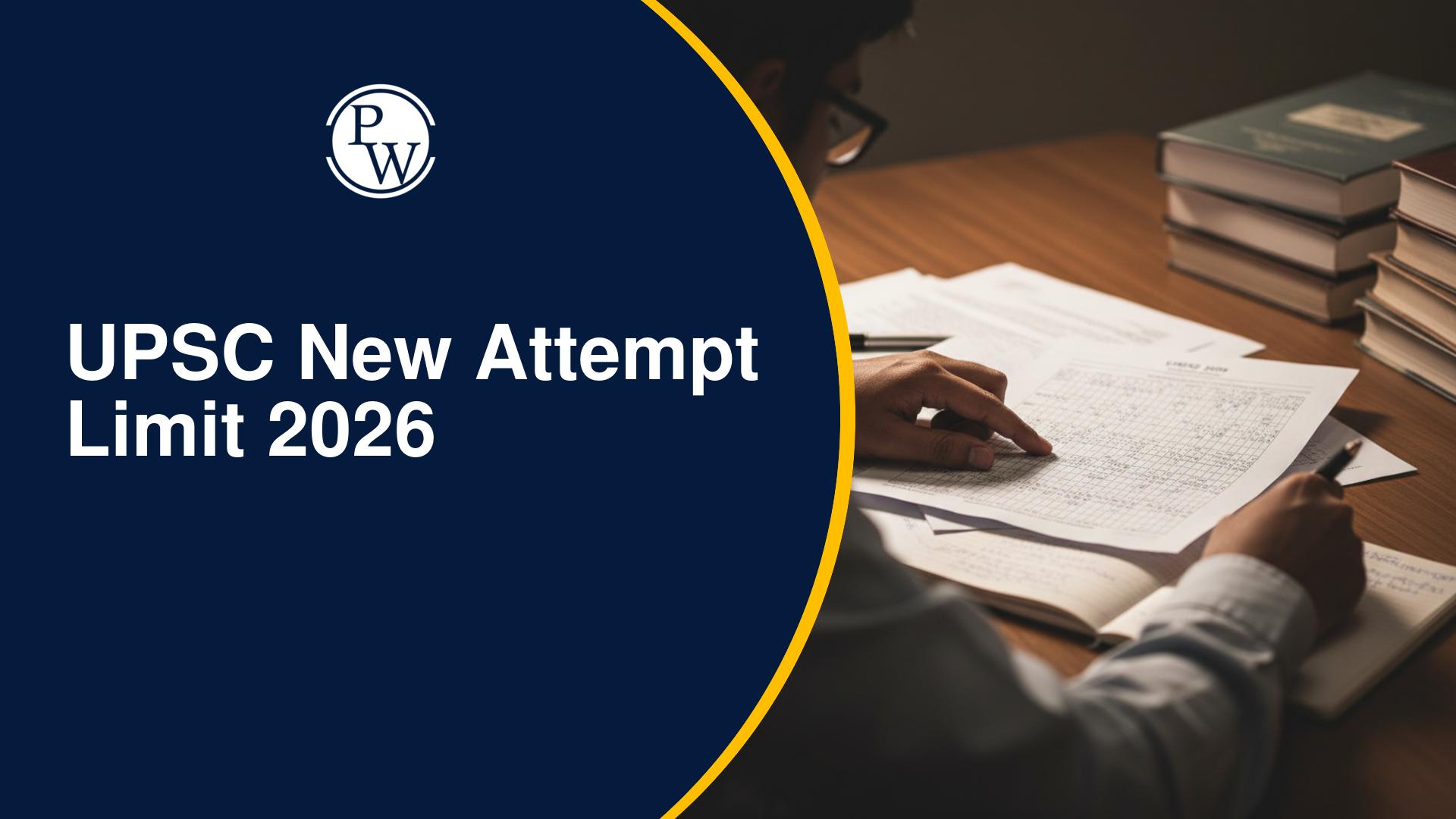
Police reforms in India have been a critical area of concern for decades. From the colonial era to the present, efforts to transform the police into a modern, efficient force have often faced challenges. Police reforms in India are essential for creating a responsive, accountable, and modern law enforcement agency.
For aspirants, understanding the requirement of police reforms in India is essential as a part of the UPSC Mains syllabus as well as for gaining insight into the broader context of governance and public administration. Keep reading to know the background, need, and evolution of police reforms in India.Indian Police Reforms
Police reforms refer to the systematic changes aimed at improving the efficiency, accountability, and effectiveness of the police force in India. The police is a state subject in the Seventh Schedule of the Constitution of India, which means that each state has the authority to manage its police force. However, this structure has often led to variations in policing standards and practices across the country. Given the significant challenges of corruption, political interference, and inadequate training, there is an urgent need for comprehensive police reforms in India.Background of Police Reforms in India
The basic structure of the Indian policing system dates back to the Police Act of 1861 , enacted during British rule. This law aimed to create a force that would help control the general public, particularly after the 1857 revolt. However, the focus was more on maintaining colonial authority than on ensuring public welfare. To address these challenges, the Frazer Commission of 1902 was established, highlighting several inefficiencies in policing. After independence in 1947, there was a recognition of the need to reform the police system to make it more people-centric and responsive to modern challenges. This led to various initiatives, including the establishment of the National Police Commission in 1977, which provided critical recommendations for reforming policing practices. Despite these efforts, the police reforms remained largely unimplemented requiring more support and commitment from leaders to create meaningful change.Need for Police Reforms in India
With the growing population and the changing nature of crimes, the current structure of the police force is struggling to meet demands, making police reforms in India not just necessary but urgent. Here is why there is continuous demand for police reforms in India:- Understaffed Police: India’s police-public ratio is 152.80 per lakh person (January 2022, well below the UN's recommended 222 per lakh) leading to overworked police officers, inefficient case handling, and delays in justice.
- Gender Disparities : Women constitute just 11.7 percent of the police force, which affects the handling of cases related to gender-based violence.
- Outdated Training and Equipment: Many police officers lack modern training and access to updated technology. According to the CAG audit report 2015-16, some states have a 75% shortage in weapons .
- Political Interference: Political interference in police operations remains a serious issue (2nd ARC Report). Political pressure compromises investigations and leads to selective enforcement of laws.
- Centre Vs State Issue: Frequent centre-state tussles create operational challenges. States often view the Indian Police Service (IPS) officers as external agents, leading to friction and affecting smooth law enforcement.
- Lack of Transparency : The police force often operates with a significant lack of accountability and transparency. Incidents of misconduct, corruption, and abuse of power go unaddressed, eroding public trust.
- Issue At Ground Level : Constables represent more than 80% of the police force , yet they face difficult working conditions and scarce promotion opportunities causing low morale and poor performance.
Recommendations of Committees on Police Reforms in India
Several committees have provided detailed recommendations on police reforms in India. Notable among them are:- National Police Commission (1977-81 ): This commission produced eight reports and suggested reforms like insulating the police from political interference, introducing a new Police Act, and improving service conditions.
- Ribeiro Committee (1998-99): It focused on restructuring the police force and proposed steps to enhance accountability within the force.
- Padmanabhaiah Committee (2000) : Recommend structural changes to modernize police practices and enhance recruitment and training. Promote community involvement in crime prevention and delegate powers to lower ranks.
- Malimath Committee on Criminal Justice Reform (2003) : Revamp the Criminal Justice System by establishing a new Police Act and creating a central law enforcement agency. Improve investigation processes and separate investigative functions from law enforcement duties.
- S. Sorabjee Committee (2005): Tasked with drafting a new Police Act, this committee recommended community policing and increased professionalism in police work.
Model Police Act, 2006
The Ministry of Home Affairs introduced a Model Police Act to enhance policing across India. Since 2006, 17 states have either created new police laws or updated their existing ones. The act focuses on making the police more professional and accountable, emphasizing fairness and protecting vulnerable communities. However, challenges persist, and more work is needed to ensure consistent implementation across all states.Supreme Court Directives on Police Reforms
Recognizing the shortcomings of policing in India, the Supreme Court intervened in to issue landmark directives in ‘Prakash Singh vs Union of India ’ case for police reforms in India. The key directives include:- State Security Commission: Establishing an independent body to monitor police functions.
- Tenure Security : Providing a minimum tenure of two years to top police officers, including the SHO, DGP, and SP to reduce political pressure.
- Separation of Investigation and Law & Order: Dividing the two functions within the police for better specialization and efficiency.
- Police Complaints Authority: Forming an independent body to address complaints against police personnel.
- Merit Based Appointed of DGP: One of the critical directives from the SC is to ensure that the appointment of the Director General of Police (DGP) is based on merit.
- National Security Commission: Setting up a body to deal with the recruitment and appointment of top police officers in central forces
- Police Establishment Board (PEB): Set up PEB to ensure a merit-based approach in the transfer, posting, and promotion of police officers.
Modernisation of Police Forces (MPF)
The Modernisation of Police Forces (MPF) program is a significant police reform initiative designed to improve the capabilities of police forces nationwide. The government has approved 15 sub-schemes for the period from 2021-22 to 2025-26 , with a total central allocation of INR 26,275 crore . One key sub-scheme, "Assistance to States and Union Territories for Modernisation of Police ," has been allocated INR 4,846 crore, reflecting the government's commitment to enhancing public safety and law enforcement effectiveness.Way Forward
To achieve meaningful police reform, collaborative efforts are required, focusing on the implementation of committee recommendations, ensuring accountability, enhancing training and resources. Police reforms in India must focus on three critical areas:- Political Independence : Police should operate without political pressure, allowing officers to work fairly and impartially.
- Capacity Building: Modern training and infrastructure are crucial. Officers need to be equipped with the latest tools to fight cybercrime, terrorism, and organized crime.
- Accountability Mechanisms: Establishing independent oversight bodies, such as the Police Reforms Commission or Police Complaints Authorities to ensure transparency and build public trust.
| UPSC Related Articles | ||
| Important Awards in India | Role of IAS Officer | Civil Services Reform |
| Kumbh Mela 2025 | Padma Awards 2024 | Indus Waters Treaty |
Police Reforms in India FAQs
What do you mean by police reform?
Police reforms refer to initiatives aimed at modernizing, professionalizing, and ensuring accountability within the police forces.
What was the Frazer Commission 1902?
The Frazer Commission 1902 was established under Sir Andrew Frazer to investigate inefficiencies in the colonial police system and suggest reforms.
What is the Police Reforms Committee?
The Police Reforms Committee refers to various government and judicial bodies tasked with recommending changes to improve the functioning of the police force.
What was the National Police Commission in India?
The National Police Commission India (1977-81) provided key recommendations for depoliticizing the police and improving efficiency.
Who started police reforms in India?
Police reforms in India have been initiated by various committees and commissions over the years, beginning with the Frazer Commission in 1902.
Talk to a counsellorHave doubts? Our support team will be happy to assist you!

Check out these Related Articles
Free Learning Resources
PW Books
Notes (Class 10-12)
PW Study Materials
Notes (Class 6-9)
Ncert Solutions
Govt Exams
Class 6th to 12th Online Courses
Govt Job Exams Courses
UPSC Coaching
Defence Exam Coaching
Gate Exam Coaching
Other Exams
Know about Physics Wallah
Physics Wallah is an Indian edtech platform that provides accessible & comprehensive learning experiences to students from Class 6th to postgraduate level. We also provide extensive NCERT solutions, sample paper, NEET, JEE Mains, BITSAT previous year papers & more such resources to students. Physics Wallah also caters to over 3.5 million registered students and over 78 lakh+ Youtube subscribers with 4.8 rating on its app.
We Stand Out because
We provide students with intensive courses with India’s qualified & experienced faculties & mentors. PW strives to make the learning experience comprehensive and accessible for students of all sections of society. We believe in empowering every single student who couldn't dream of a good career in engineering and medical field earlier.
Our Key Focus Areas
Physics Wallah's main focus is to make the learning experience as economical as possible for all students. With our affordable courses like Lakshya, Udaan and Arjuna and many others, we have been able to provide a platform for lakhs of aspirants. From providing Chemistry, Maths, Physics formula to giving e-books of eminent authors like RD Sharma, RS Aggarwal and Lakhmir Singh, PW focuses on every single student's need for preparation.
What Makes Us Different
Physics Wallah strives to develop a comprehensive pedagogical structure for students, where they get a state-of-the-art learning experience with study material and resources. Apart from catering students preparing for JEE Mains and NEET, PW also provides study material for each state board like Uttar Pradesh, Bihar, and others
Copyright © 2026 Physicswallah Limited All rights reserved.

